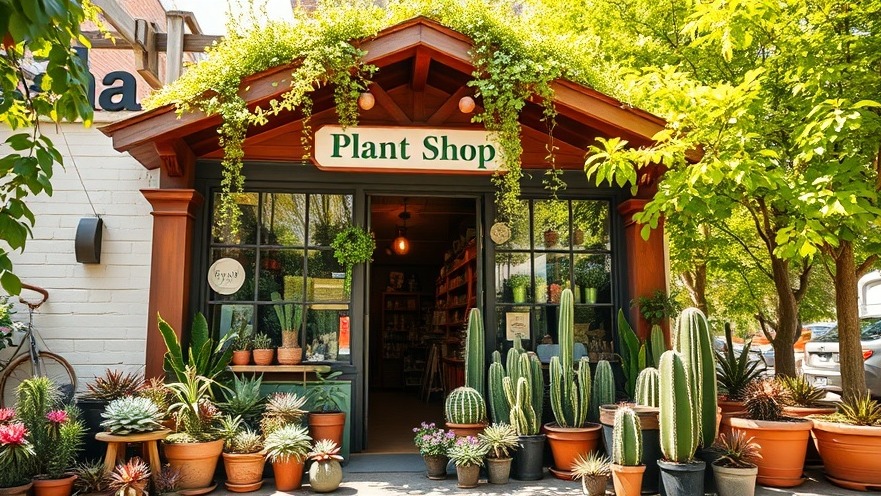
Exploring Sustainable Chocolate Supply Chains
In an era where consumer preferences are increasingly leaning towards sustainable practices, the chocolate industry finds itself at a pivotal juncture. Boutique hospitality professionals, including eco-lodge operators and small-scale hotel owners, play a significant role in the demand for chocolate sourced ethically and sustainably. With growing awareness about the environmental and social impact of traditional chocolate supply chains, there is an urgent need to explore sustainable innovations.
How Sustainable Supply Chains Work
Sustainable supply chains for chocolate focus on eliminating waste and promoting a circular economy. This approach involves every step of the supply chain: from the cultivation of cacao to its packaging and distribution. Producers are encouraged to adopt regenerative business practices where they not only ensure their operations are sustainable but also contribute positively to the environment. Educational initiatives for farmers about sustainable farming practices can lead to increased yields and healthier crops while preserving biodiversity.
The Importance of Corporate Social Responsibility
Corporate Social Responsibility (CSR) plays a crucial role in transforming the chocolate supply chain. Companies that commit to CSR not only enhance their brand image but also support fair trade practices and ensure that farmers receive fair wages. Boutique hospitality professionals can leverage these stories in their offerings, enticing guests who value ethical consumption and sustainability.
Unique Benefits of Sustainable Chocolate Practices
For lodging businesses, sourcing sustainably produced chocolate can create a unique selling proposition. Guests increasingly seek experiences that align with their values. By offering distinct chocolate options that are ethically sourced, accommodations can enhance guest satisfaction, drawing in eco-conscious travelers. It also invites opportunities for storytelling, allowing guests to connect their stay with meaningful practices that benefit the planet.
Statistics Supporting Sustainability in Chocolate
Recent data suggests that consumers are willing to pay more for chocolate brands that prioritize sustainability. According to market research, about 62% of consumers prefer brands that commit to environmental sustainability, indicating a significant shift in purchasing behaviors. This trend presents an opening for boutique hospitality professionals to adapt their offerings to meet these changing demands.
Challenges in Implementing Sustainable Practices
However, shifting to sustainable supply chains is not without its challenges. Producers may face financial and logistical hurdles when attempting to implement zero-waste practices or regenerate ingredients on their farms. Educating stakeholders across the supply chain is crucial for overcoming resistance and ensuring a collective commitment to sustainable practices.
Future Predictions for Sustainable Chocolate
As consumer awareness around sustainability continues to rise, the chocolate industry will likely see a substantial shift towards more responsible sourcing practices. Innovations in sustainable packaging are also expected to evolve, reducing plastic waste and enhancing the eco-friendliness of the chocolate product. In the coming years, we can expect more partnerships between chocolate brands and boutique hotel operators to fortify sustainable business models that support local farmers and act as a catalyst for change.
By investing in sustainable chocolate practices, boutique hospitality professionals can not only enhance their guest experience but also contribute positively to the environment. The time to act is now lest the industry continues down a path of consumption that risks depleting natural resources.
 Add Row
Add Row  Add
Add 




Write A Comment